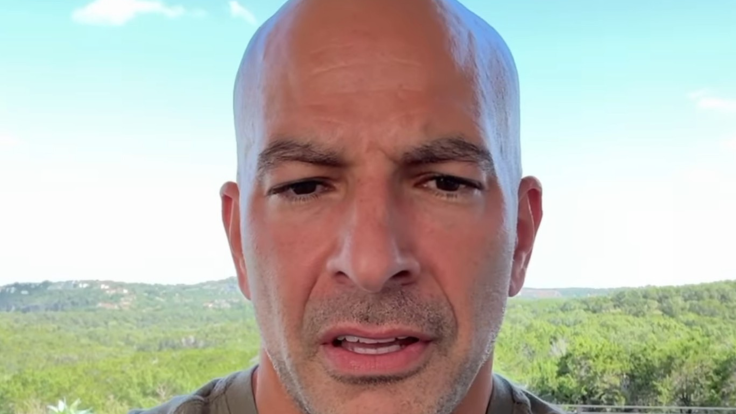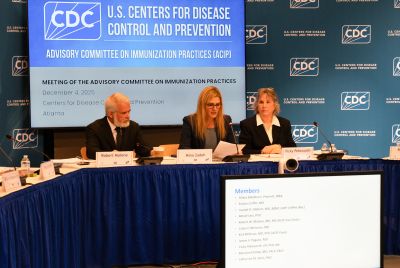'Doctors Are Failing You': Dr Peter Attia's 60 Minutes Bombshell on the Real Secret to Staying Young
The 60 Minutes doctor says prevention, not pills, is the key to youth

Dr Peter Attia, the Stanford-trained longevity expert, made headlines across the United States after his appearance on CBS's 60 Minutes on Sunday, where he claimed that traditional medicine is 'failing patients' by focusing on treatment instead of prevention.
The physician, who leads a private practice called Early Medical in Austin, Texas, told the programme that health professionals are not training people for longevity but merely reacting when illness strikes.
His comments have reignited debate about how ageing and healthspan, the quality of life during one's later years, should be addressed.
Who Is Dr Peter Attia?
Peter Attia, 52, was born in Toronto, Canada, to Egyptian parents and later became a naturalised US citizen. He earned his medical degree from Stanford University and began surgical training at Johns Hopkins Hospital before moving into research at the National Institutes of Health.
After leaving surgery, he shifted focus to preventive and longevity medicine, a field that combines metabolic science, fitness and psychology to extend healthy lifespan.
He founded Early Medical, where he applies what he calls 'Medicine 3.0', a forward-looking approach that seeks to predict and prevent disease long before symptoms appear.
Attia also authored Outlive: The Science and Art of Longevity, a 2023 bestseller that spent months atop Amazon's health charts.
His podcast, The Peter Attia Drive, has surpassed 100 million downloads, expanding his global influence in the wellness community.
What He Said on 60 Minutes
In his interview, Attia criticised what he called the reactive nature of mainstream healthcare, stating that most doctors only intervene after disease has developed.
He described his approach as a 'complete rethink' of how ageing should be managed, arguing that medicine must help patients train for the final decade of life, when decline typically accelerates.
'At this point in my life, I feel like I'm making fewer novel insights around how to manage cholesterol and blood pressure than I am in thinking about ways to get people to be more compliant with exercise,' he told 60 Minutes.
Attia said he focuses on preventing what he calls the 'Four Horsemen' of chronic disease: cardiovascular disease, cancer, neurodegenerative disorders and metabolic dysfunction.
The Real Way to Stay Young, According to Dr Attia
Attia told the programme that the secret to staying young is not in medication but in disciplined physical training and lifestyle management.
He emphasised that improving one's VO₂ max, a measure of aerobic fitness, is among the most reliable indicators of longevity. 'Your VO₂ max is more strongly correlated with your lifespan than any other metric I can measure,' he said.
He also underlined the importance of resistance training, sleep quality and metabolic control, alongside emotional and cognitive health.
His model involves comprehensive screening, genetic analysis and individualised exercise plans, aiming to optimise the body long before signs of decline emerge.
Why His Message Is Stirring Debate
Attia's claims have sparked controversy within the medical community. Critics argue that while his theories are appealing, they are based largely on observational data rather than long-term clinical trials.
Others point to the exclusivity of his practice, where patients reportedly pay six-figure annual fees for personalised care, questioning whether his methods are accessible to ordinary people.
Supporters, however, believe his work could shift the healthcare paradigm by encouraging people to take earlier, more active control of their health.
The 60 Minutes segment has amplified his message to a mainstream audience, introducing the concept of 'healthspan' — the idea that living longer only matters if one can live well.
As discussions around longevity and preventive care continue to grow, Dr Peter Attia's bold remarks are reshaping how both patients and doctors view the future of ageing and medicine.
© Copyright IBTimes 2025. All rights reserved.





















